
The study evaluated the use of darolutamide in men with nonmetastatic, castration-resistant prostate cancer compared with placebo while they continued to receive androgen-deprivation therapy.

Your AI-Trained Oncology Knowledge Connection!


The study evaluated the use of darolutamide in men with nonmetastatic, castration-resistant prostate cancer compared with placebo while they continued to receive androgen-deprivation therapy.

Researchers suggested this test “helps to clarify a woman’s risk of disease, reduce the potential for over- or under-treatment, and is a major step forward in individualizing a woman’s care.”
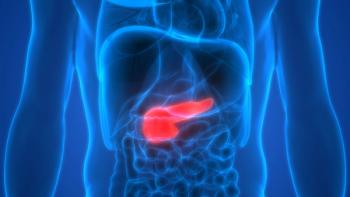
This study found that adjuvant chemotherapy in patients with resected pancreatic cancer after treatment with neoadjuvant FOLFIRINOX was not associated with improved overall survival.

The FDA granted breakthrough therapy designation to magrolimab for the treatment of newly diagnosed myelodysplastic syndrome.
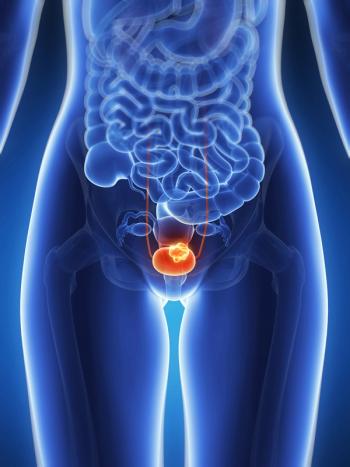
In this study, patients with advanced urothelial carcinoma saw worse outcomes with proton pump inhibitor (PPI) use when treated with atezolizumab, compared with those who were not treated with PPIs.

The FDA accepted an investigational new drug application providing clearance to begin an open-label, single-arm phase 1 clinical trial of ATA2271, a next-generation mesothelin targeting CAR T-cell therapy.
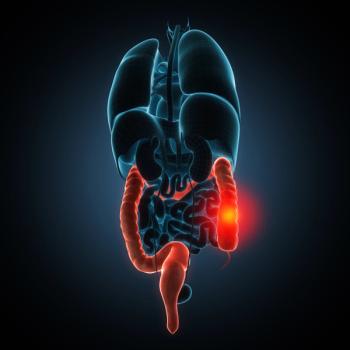
The cancer specialist from Cedars-Sinai spoke about the observed increase of colorectal cancer in younger individuals, as well as the significantly higher incidence and death rates in black people.
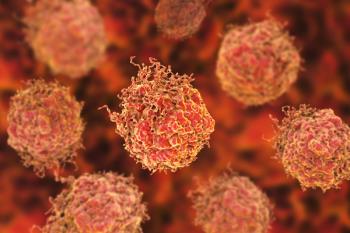
Researchers indicated that these early data support the rationale for further evaluation of immune-checkpoint inhibitor-based combinations in patients with metastatic castration resistant prostate cancer.

The latest episode of Oncology Peer Review On-The-Go sits down with Michael D. Randell, MD, FACOG, to discuss the latest updates to cervical cancer screening guidelines by the American Cancer Society.

In this study, antibiotic use was consistently associated with worse survival outcomes in patients with urothelial carcinoma treated with atezolizumab, but not chemotherapy.
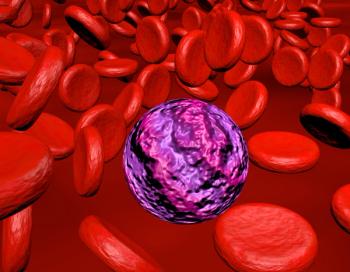
According to researchers, these “results suggest that both schedules of decitabine are safe and effective in the population assessed.”

The collective study findings suggested that for risk assessment, the recurrence score needs to be complemented by clinicopathologic parameters for therapy decision making.

These study results “provide insight into the natural history of [retroperitoneal sarcoma] beyond the first and second surgeries for [local recurrences].”
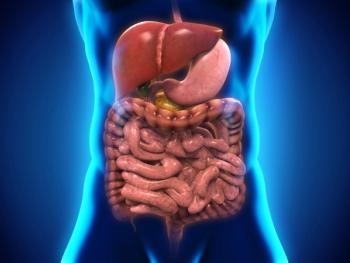
Researchers found that in patients receiving immunotherapy for metastatic renal cell carcinoma, higher microbial diversity was associated with better treatment outcomes.
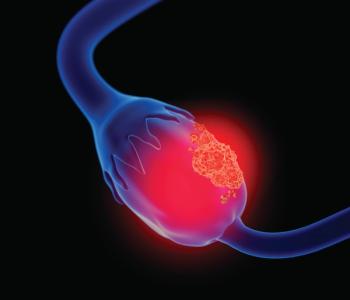
New guidelines published by the American Society for Clinical Oncology (ASCO) on the use of PARP inhibitors in the management of ovarian cancer included the myChoice CDx as the sole companion diagnostic to be used in this space.
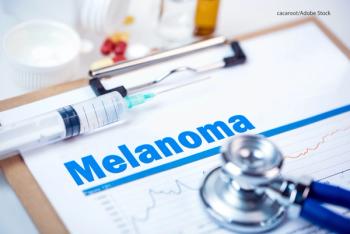
Partner Therapeutics, Inc. announced that its EA6141 study evaluating sargramostim in combination with ipilumimab and nivolumab to treat melanoma was approved to begin enrollment.

This study found black patients were less likely to undergo chemotherapy or surgical resection for colorectal liver metastases and had worse survival compared to other patients.

The supplemental biologics license application is seeking approval for the treatment of patients with light chain amyloidosis and is supported by results observed in the phase 3 ADROMEDA study.

This study found focal high intensity focused ultrasound ablation of the prostate to be safe and provide excellent potency, continence preservation, and adequate short-term prostate cancer control.
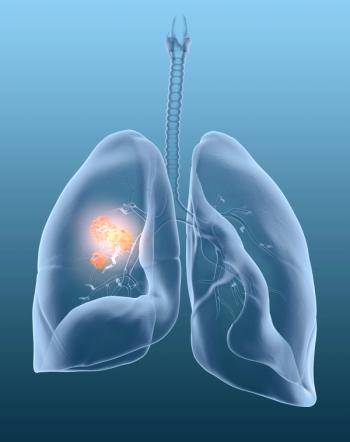
Capmatinib (Tabrecta) demonstrated substantial antitumor activity in patients with advanced non-small cell lung cancer with a MET exon 14 skipping mutation, especially in those not treated previously.

Researchers suggested these findings support “continued access to opioid medications for cancer survivors who may benefit from such therapy.”
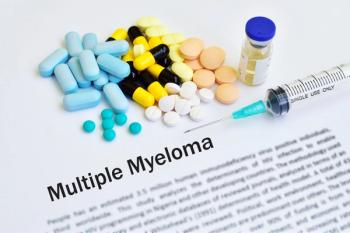
The study is evaluating the addition of ixazomib (Ninlaro) to lenalidomide and dexamethasone versus lenalidomide and dexamethasone plus placebo in patients with newly diagnosed multiple myeloma who are ineligible for autologous stem cell transplant.
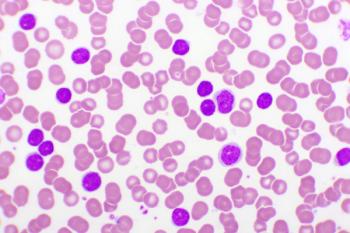
Researchers found that long-term treatment-free remission was not impaired by low-dose TKI regimens for patients with chronic myeloid leukemia.
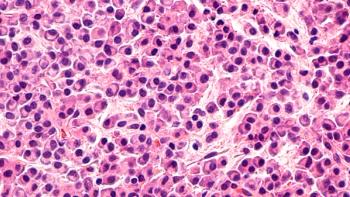
A clinically meaningful 40% overall response rate was seen in a subset of patients with triple class refractory multiple myeloma who received CLR 131 at a total administered dose of 60 mCi or greater.

The agency indicated that the use of atezolizumab (Tecentriq) and paclitaxel in patients with previously untreated, inoperable, locally advanced, or metastatic triple negative breast cancer was not effective in treating the disease.

The Detectnet injection was approved by the FDA for the localization of somatostatin receptor positive neuroendocrine tumors in adult patients.

The medical oncologist spoke about the need to make next-generation sequencing available to all patients with gastrointestinal cancer.

BeyondSpring announced recently that the FDA granted its lead asset, plinabulin, breakthrough therapy designation for its chemotherapy-induced neutropenia indication for patients with cancer.

However, researchers did identify a positive correlation for the risk of some cancers in this prospective cohort study.

The approval was based on results from the phase 1/2 ARROW clinical trial, which demonstrated efficacy for pralsetinib in patients with RET fusion-positive NSCLC with or without prior therapy, and regardless of RET fusion partner or central nervous system involvement.